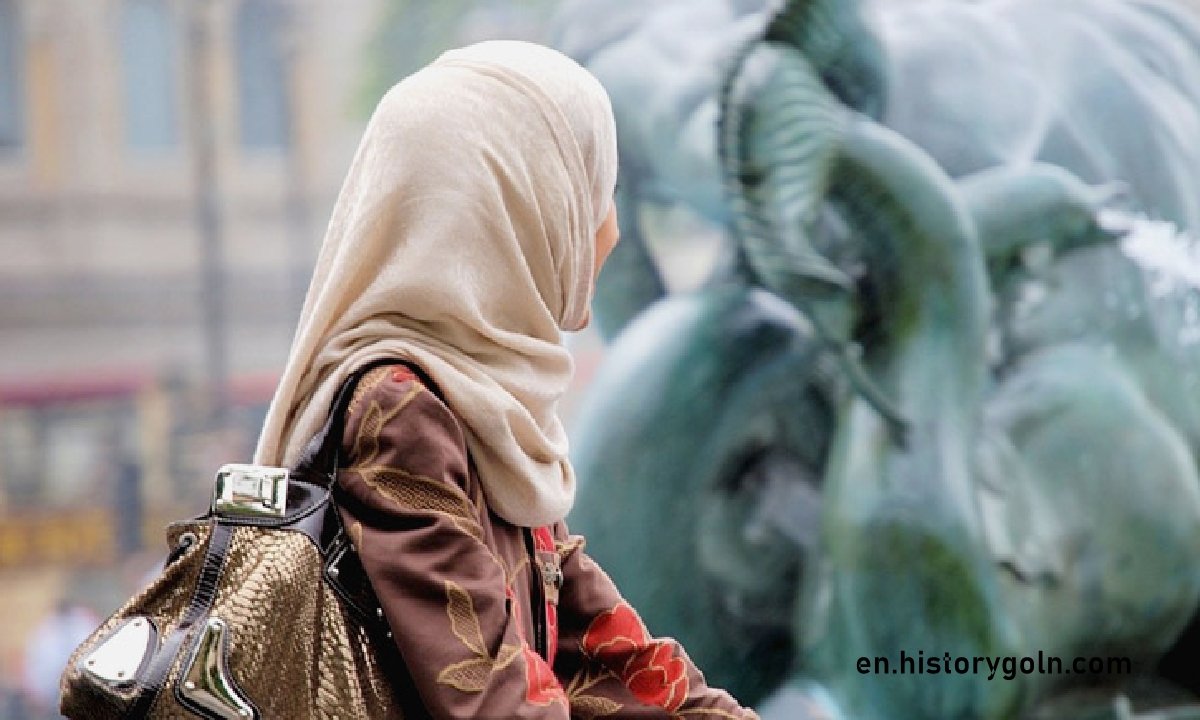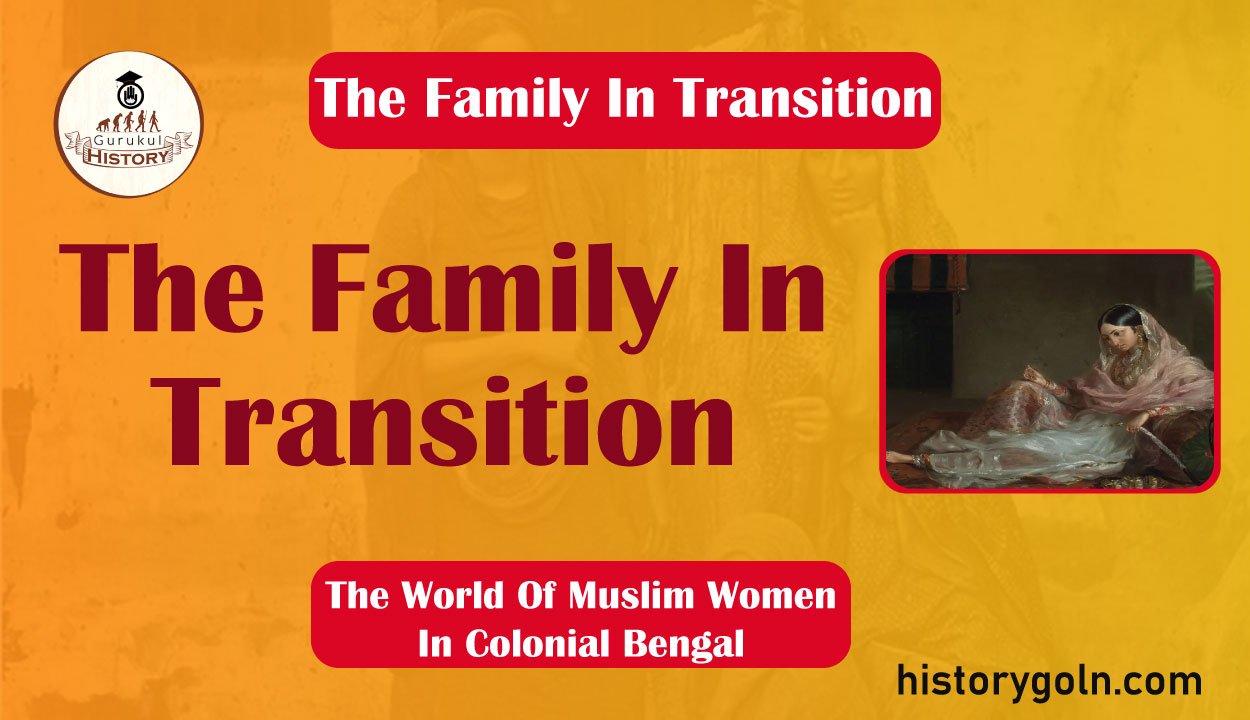Today our topic of discussion is The Family In Transition .
The Family In Transition

Narratives that have come down to us from the early part of this century illustrate the changes that were taking place in the institution of the traditional family. Deep rooted economic factors had brought the Muslim middle class into being. Administrative and educational changes led to the rise of the professional gentry, a phenomenon which affected family structures greatly.
In the sphere of the family the changes were articulated through the rise of a new domestic ideology and structural re-arrangements in forms of marriage, divorce, age at marriage, etc.
Margaret Urquhart’s Women of Bengal recorded many of these changes as she perceived them when she observed that present day influences were combining to disrupt the joint responsibility and sharing of the family home!
The industrial expansion due to the British expansion and to the establishment of larger relations with the rest of the world; the need for offices to carry on the administration, the opening up of professional careers in law, medicine, teaching, etc., have changed the poverty-stricken landowner into a bourgeois city population, which has not yet adapted comfortably to the new order of things.

Urquhart used the term bhadrolok (Bengali gentleman) for the contender in this new order who due to increased competition for employment, began to engage in trade and took up a chakri (salaried job) with the govern- ment or “other employers less august”.
Autobiographical works like Mir Mosharraf’s Amar Jibani and Gazi Miar Bostani and social novels of the period such as Abdullah and Anowara refl- ected the process of professional transformation in Muslim society. These texts depicted the transition from land-owning to salaried jobs and the resistance to this change.
The transformation quickened as sons began to leave the ancestral home to seek education and employment in cities such as Dhaka and Calcutta. As the new generation settled in towns the wife left behind in the village or moffusil, started to join the husband in the city or far-off posting in a distant place when she reached a suitable age.
In this regard Borthwick observes: “…closeness in the new family patterns. was encouraged by the British administrative practice of sending govern- ment officials out to the moffusil”.

The young wife found herself alone, mistress of a house, companion to her husband and free from the authority of the mother-in-law. It was a new role, requiring new skills and attitudes which now came to be defined and dictated by a new domestic philosophy.
